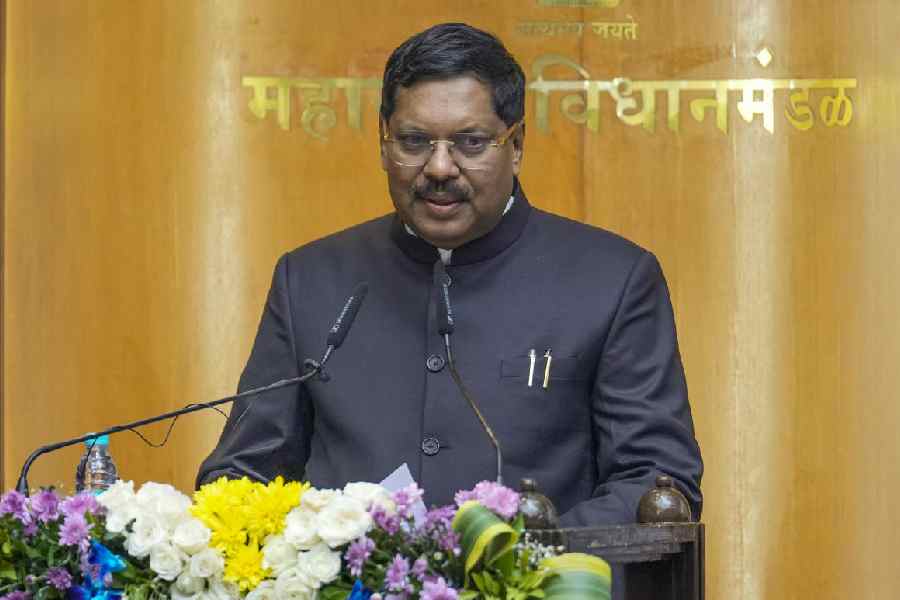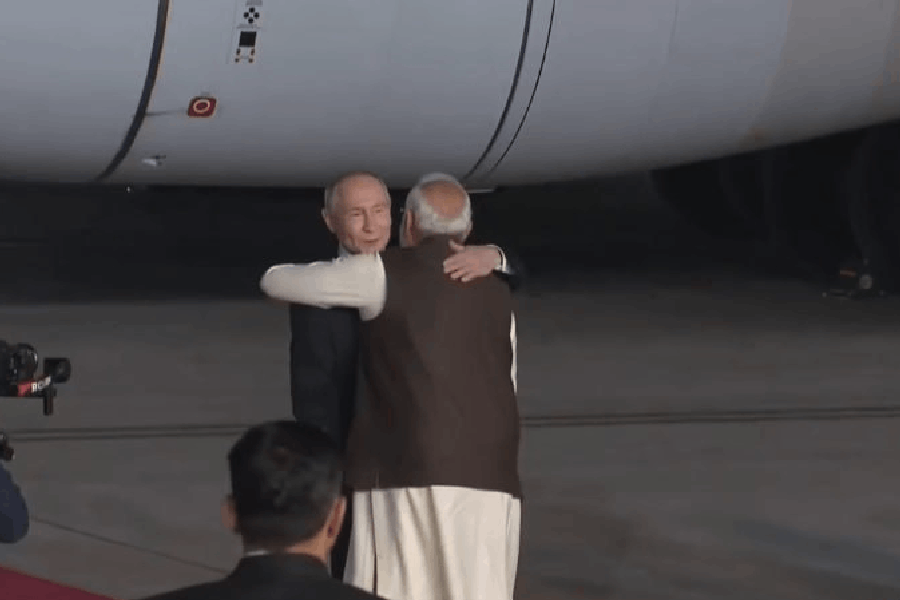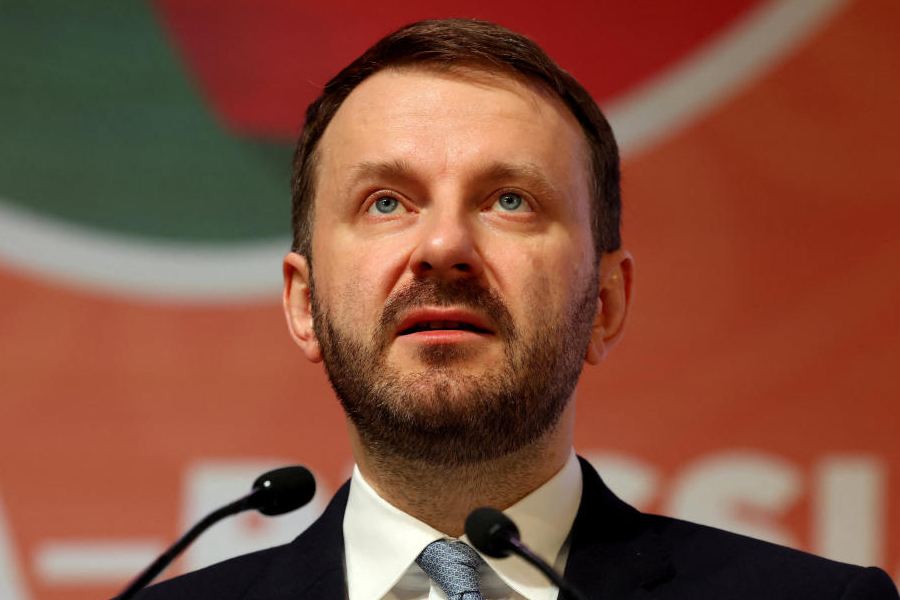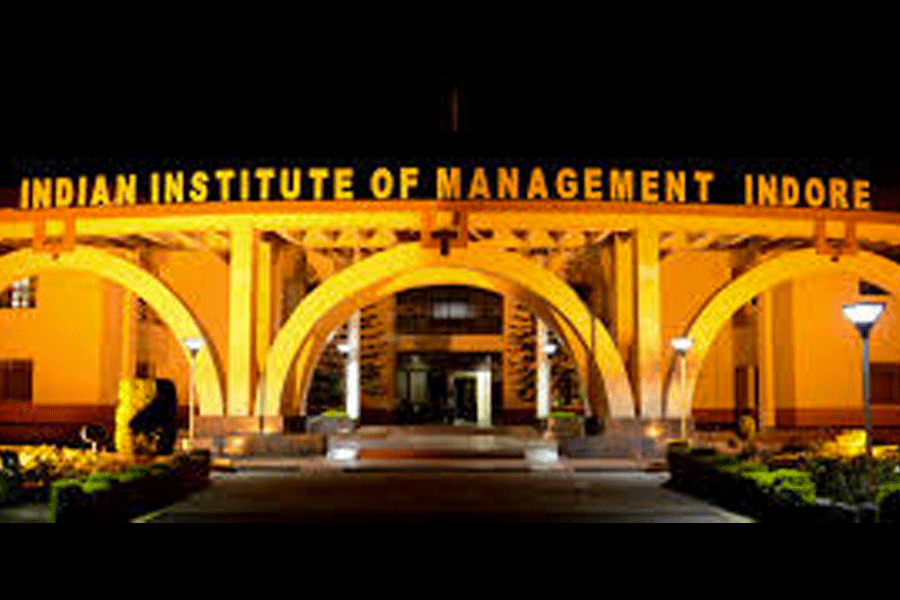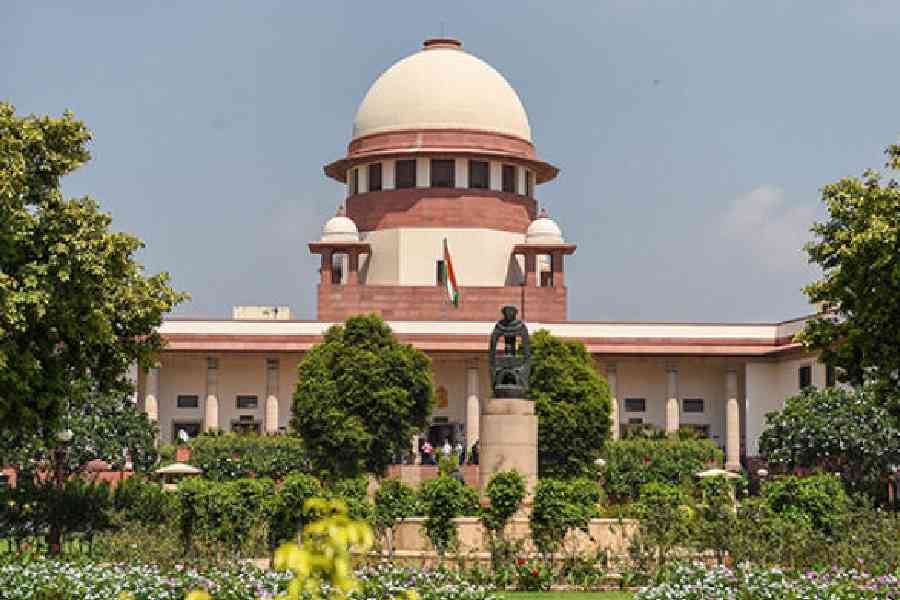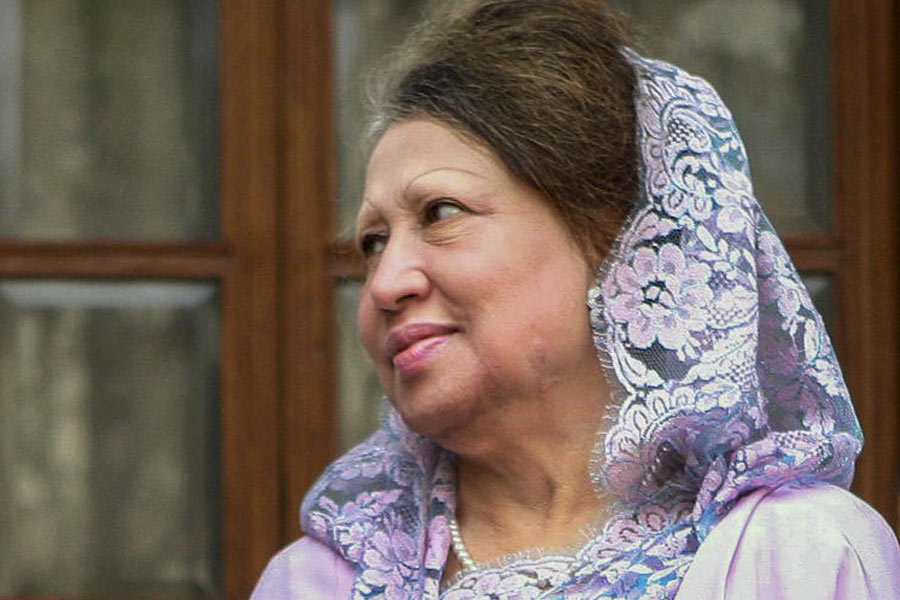Chief Justice of India B.R. Gavai has initiated suo motu proceedings against a new trend among investigating agencies to summon advocates who offer legal advice to clients facing criminal prosecution for money laundering and other offences.
A bench of the CJI and Justices K. Vinod Chandran and N.V. Anjaria will take up the matter for hearing on July 14.
The development comes in the wake of several Bar associations and lawyers condemning the practice adopted by the Enforcement Directorate to summon senior advocates to record their statements on the legal advice they offer to
their clients.
The Bar Association of India, which has among its patrons attorney-general R. Venkataramani, had earlier termed the exercise “dangerous and disturbing” and an “egregious example of overreach”. It had urged the CJI to take suo motu cognisance of the issue and lay down appropriate guidelines.
“The Bar Association of India expresses grave concern over recent summons issued by the Directorate of Enforcement to senior advocates Arvind Datar and Pratap Venugopal. The summons pertained to legal opinions given by senior advocates in a matter which is now under investigation by the ED. Both summonses were subsequently withdrawn,” the BAI had said.
“The actions of the ED represent a direct and unacceptable infringement on the independence of the legal profession that undermines the very sanctity and role of the legal profession in supporting the rule of law and aiding the justice system. Looking to question an advocate for giving a professional legal opinion sets a dangerous precedent which will create a chilling effect on lawyers across the country,” the BAI added.
The ED had summoned Datar and Venugopal in June for offering legal advice to Care Health Insurance Ltd on the employee stock option plan granted to former Religare Enterprises chairperson Rashmi Saluja. The ED was probing the case.
The central agency had withdrawn the summonses in the face of widespread criticism.
The Supreme Court Advocates-on-Record Association (SCORA) had, in a separate statement, said the issue raised “a deeply disquieting development which has serious ramifications for the independence of the legal profession and the foundational principle of lawyer-client confidentiality”.
SCORA had said the ED actions amounted to an “impermissible transgression of the sacrosanct lawyer-client privilege” and posed a serious threat to the autonomy and fearless functioning of advocates.
“Such unwarranted and coercive measures against senior members of the Bar for discharge of professional duties set a dangerous precedent, potentially resulting in a chilling effect across the legal community. In the light of the gravity of the issue and given its wide ramifications for the integrity of the legal system, I earnestly request your Lordships to consider taking urgent suo motu cognisance of the matter,” SCORA had said.
It proposed the laying down of appropriate guidelines to “prevent any misuse of executive power”, which undermines the dignity of the legal profession.
The Supreme Court Bar Association (SCBA) had said that the issue of such illegal notices and summonses to senioradvocates struck at the “very foundations of the legal profession” and undermined the independence of the Bar, which is a “core pillar of India’s constitutional democracy”.
According to the SCBA, every person is entitled to legal representation and, therefore, advocates could not be targeted for rendering professional advice.
“No advocate can be compelled to disclose any communication made to him by his client in the course of their professional relationship under Section 132(1) of the Bhartiya Sakshya Adhiniyam of 2023,” the SCBA said.

